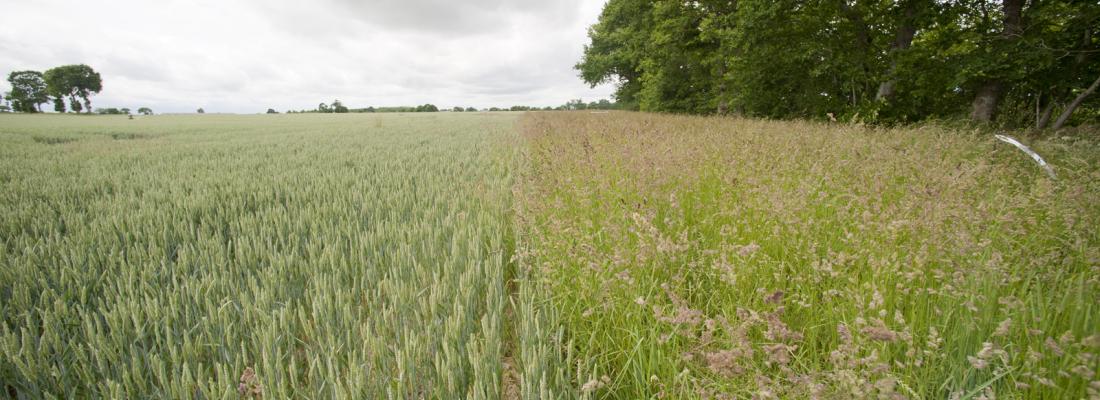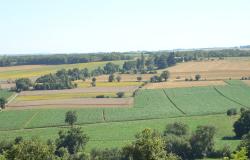21 March 2023 Status Ended
Paris and online
Foresight study on European Chemical Pesticide-free Agriculture in 2050

The negative impacts of chemical pesticide use on the environment, biodiversity and health have become a major concern for citizens and consumers, and have been addressed by European and national public policies. In view of the limited impacts of the measures set up to reduce the use of pesticides, there is a need for research to shift from reducing their use, to conceiving chemical pesticide-free agriculture.
The foresight study “European Pesticide Free Agriculture in 2050” has been conducted as part of the French national Priority Research Programme “Growing and Protecting crops Differently” led by INRAE. During two years, the foresight has been exploring the conditions for chemical pesticide-free agriculture in Europe, mobilizing around hundred researchers, including participants and coordinators of the research projects funded by the Priority Research Programme “Growing and Protecting crops Differently”, and stakeholders. Linked to the European Research Alliance “Towards a Chemical Pesticide Free Agriculture“, the foresight study developed a systemic approach connecting chemical pesticide-free cropping systems with the evolution of food systems, diets, territories, public policies, taking into account climate change. The foresight study has generated scenarios of chemical pesticide-free agriculture in the European Union in 2050, answering three questions.
- What could be the different forms of a chemical pesticide-free agriculture and food systems in Europe in 2050?
- With what impacts on land use, production, trade and greenhouse gas emissions?
- What could be the different pathways towards these different forms of chemical pesticide-free agriculture?
The outcomes of this study will be presented on 2023, March 21st, during a one-day conference in Paris and online.
Venue: Grand amphithéâtre de la MGEN, 3 square Max-Hymans 75015 Paris
It will be possible to follow the symposium and ask questions remotely
PRE-PROGRAMME
- Introduction by representatives of the French ministries who requested the foresight study
- Presentation of results
- Objectives and method
- Changes in crop protection and value chains for pesticide-free agriculture in Europe in 2050
- Scenarios for pesticide-free agriculture in Europe in 2050 and transition pathways
- Quantitative simulations of these scenarios: production, land use, trade, GHG emissions
- Roundtable 1: discussion of the foresight scenarios
Lunch break
- Public policies for a transition towards chemical pesticide-free agriculture in 2050
- Presentation
- Roundtable 2: articulating the foresight study scenarios with European policies
- Transition pathway towards a chemical pesticide-free agriculture in 2050
- European case studies illustrating the scenarios: regional transition pathways towards pesticide-free agriculture (Finland, France, Italy, Romania)
- Roundtable 3: articulating research and development facilities, scales of intervention, sectors and territories for the European transition
- Concluding speech by Philippe Mauguin, Chair and CEO of INRAE


Link
Scientific collaboration for pesticide-free agricultureSynthetic pesticides, which are used on a large scale for reliable food production, contaminate the environment and affect biodiversity. By mobilising our research and expertise, we can reduce the impact of pesticides and find alternative solutions to protect crops. Stakeholders from around the world are working together in order to support the transition to a new agricultural system.
